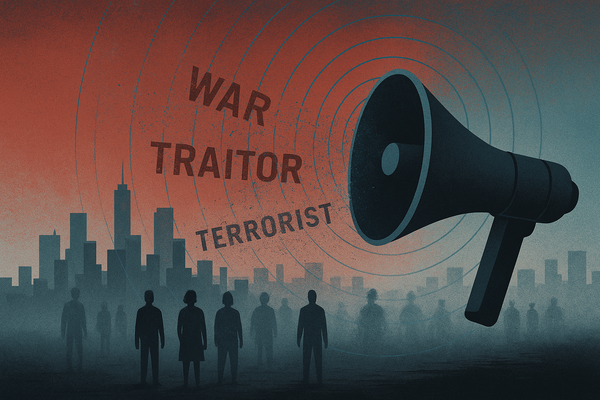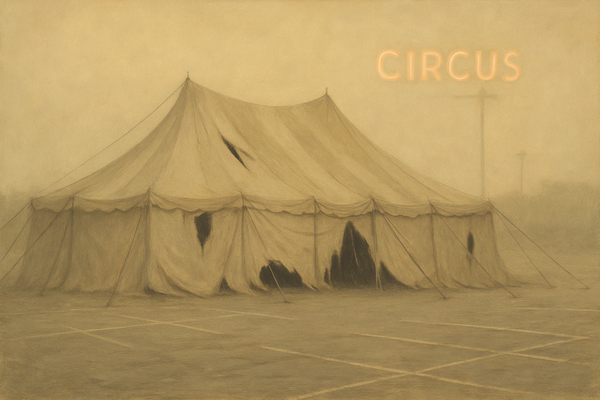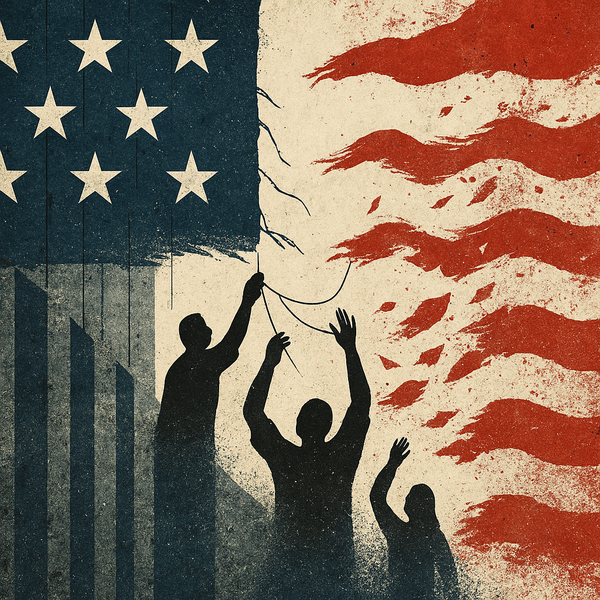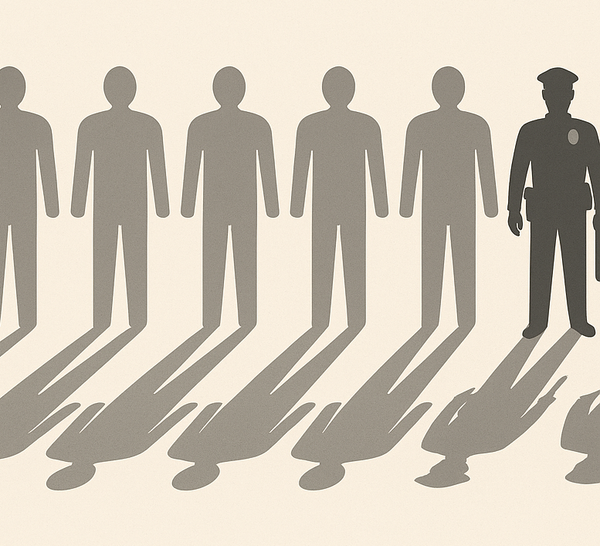How Do We Judge People Across Time?
A question that gets more complicated the deeper you dig
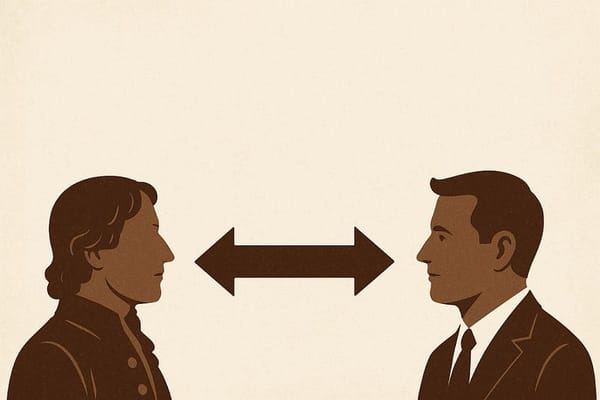
I watched a video today that hit me with what might be one of the most powerful questions we face: How do we view people — over time — forever? (Tad Stoermer has some great content!)
Because nobody’s perfect. We all screw up. We all have moments where we fall short of our own values.
But when it comes to judging historical figures, or even people today who mess up big time, how do we balance the scales?
Let’s start with the obvious stuff.
The Epstein situation? Way over the line. Everyone except the criminals involved agree on that. Those people should face justice. Period.
The Nazis? Evil. Most of the world recognized it as evil even then. Sure, it’s terrifying that some people thought it was okay, but there was enough outrage to stop it.
These cases are clear. History and morality align.
Where I really wrestle with this is the gray areas.
What about people who did things we now condemn, but which weren’t universally condemned at the time?
Take the Founding Fathers. They wrote beautifully about liberty while owning slaves. Or think about those colonial explorers — brave adventurers who also devastated indigenous populations.
Here’s the question that bugs me: Were there voices saying “this is wrong” back then?
Because that changes everything.
If there were people calling out injustice and they chose to ignore those voices, that’s different from everyone just being products of their time.
Can we accept the good while condemning the bad?
I think we have to. The alternative — either dismissing people entirely or excusing everything — doesn’t work.
We can celebrate achievements and condemn failures. We can learn from the past without excusing its evils.
But it requires holding complexity. And we’re not great at that.
I expect society to set the bar on acceptable behavior. That’s society’s job — establish norms, enforce them.
But looking backward? That’s where it gets tricky.
Moral consciousness evolves. Not smoothly, not in a straight line, but it moves. We expand who deserves protection, who deserves dignity, who counts as human.
Sometimes slowly. Sometimes in sudden leaps.
Here’s what really gets me: How we judge the past says as much about us as it does about history.
Our moral judgments reflect our values. Our blind spots. Our hopes for who we want to be.
And that leads to an uncomfortable truth: Future generations will judge us just like we’re judging those before us.
They’ll see our contradictions. Our failures to live up to what we claim to believe. Our blind spots we can’t even recognize.
What would we want them to understand about us?
Maybe that knowledge should make us more humble about judging the past.
And more committed to doing better right now.
Because if we’re honest, we’re all going to be judged by people who know things we don’t, who see things we can’t, who have moral clarity we lack.
The question isn’t just “How do we judge people across time?”
It’s “How do we want to be judged?”
And what are we actually doing about it?
— — -
What do you think? How do you wrestle with judging people across history? Let me know in the comments.
